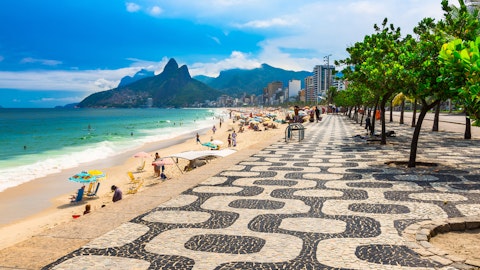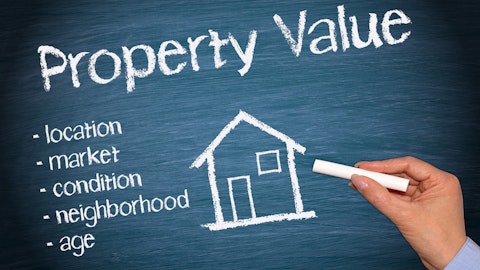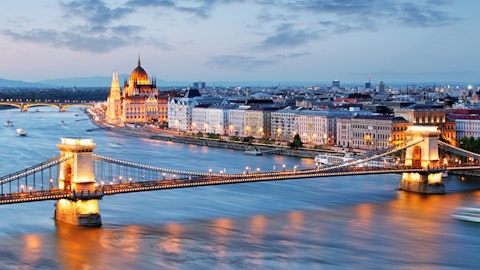It seems that JFK’s quote:” Those who make peaceful revolution impossible will make violent revolution inevitable” doesn’t hold much traction with the powers that are among these countries without freedom of assembly. Still, the lid on boiling political situation can be kept by force for only so long and usually ends in violence and bloodshed, a lesson demonstrated so many times throughout human history, but yet to be learned by the autocratic regimes worldwide.
The freedom of assembly, together with the freedom of association, is one of the essential civil and political rights. The right of people to publicly protests the government and its action has been enshrined in the United States Constitution by the Founding Fathers and is considered a basis for political activism. Many of the countries today, including those on our list, have similar provisions in their constitutions, but not all of them apply them. Attacks on freedom of assembly are usually expected from Countries Without Freedom of Speech or Press, but what is more concerning is that even some countries claiming to be democratic have recently passed laws that make protesting the government quite hard, if not downright illegal. The latest examples include Spain, Quebec, Turkey and Western Australia, which are inches away from appearing on some future itineration of this list.

poliki/Shutterstock.com
Freedom of assembly in Spain has been under attack by the passing of the law that allows harsh monetary penalties for unauthorized protests, including taking pictures of police during one. Quebec, faced with students’ demonstrations, has gone a similar route and Turkey has gone one step beyond. In an effort to completely prevent any anti-government (or to be more precise anti-Erdogan protests) they have passed a law allowing the police to enter the homes of protestors and stipulating that wearing a mask during the protest or even chanting certain slogans is a crime carrying years in prison as a sentence.
The United States also has a bleak record when it comes to Occupy Wall Street and Black Lives Matter protests, with designated free speech zones and making protests near government buildings a federal crime.
This worldwide attack on freedom of assembly seems almost coordinated. There’s hardly a region in the world unaffected by it. The governments are trying to actively suppress each and every form of protest, seemingly without thinking about the consequences and what will happen if they make all protesting illegal. This, of course, provides material for all sort of conspiracy theories.
In order to create the list of 11 countries without freedom of assembly, we consulted Freedom House’s Freedom in the World 2017 report. We went over it and picked some of the worst offenders. If you happen to travel to any of these countries, stay away from all public gatherings, because you might end up in jail, or worse.
11. Egypt
Egypt seems determined not to allow the rerun of Tahrir Square protests that rocked the country during the Arab Spring. With the military firmly in control, every gathering must be approved by the authorities and few, if any, are ever approved. This makes people reluctant to join, as the government repeatedly states it’s resolved to prevent demonstrations by any means necessary, the use of lethal force included. The latest demonstrations were held in April 2016, over the sovereignty of Egyptian islands in Red Sea government is transferring to Saudi Arabia. In the violent crackdown, more than 20 people were injured and arrested by the police.

Pixabay/Public Domain
10. The United Arab Emirates
The United Arab Emirates are in a peculiar situation when it comes to the freedom of assembly. The citizens don’t really organize any protests, but foreign workers, who outnumber the native population and are working and living in appalling conditions often try to organize strikes and sit-ins in public. Since they aren’t citizens, the government doesn’t recognize their right to protest and usually sends in the police to disperse them, which has caused several deaths among the protestors.

Pixabay/Public Domain
9. Russia
The latest series of protest in Russia, that’s next on our list of countries without freedom of assembly held in more than 100 cities were sparked by the report on the corruption of Russian leadership, mainly Russian Prime minister Medvedev. The fact that the protests weren’t officially allowed didn’t stop thousands of Russians taking to the street, but it gave the government a pretext of declaring them illegal and arresting more than 1000 people. Vladimir Putin’s grasp on Russia still seems strong, but signs of loosening grip are starting to show, as his regime gets pounded almost daily with the allegations of corruption and undemocratic practices.

Pixabay/Public Domain
8. Iran
After the massive protests following the controversial elections in 2009 were put down, for a while it seemed that the Tehran government has managed to keep things under control. Then the Arab Spring happened and protests erupted again all over the country. Entire 2011 and part of 2012 were marked by demonstrations unprecedented since the revolution. Violent police response resulted in several protestors killed and many injured, with the unknown number of arrests. There were even reports of police torturing arrested protestors.
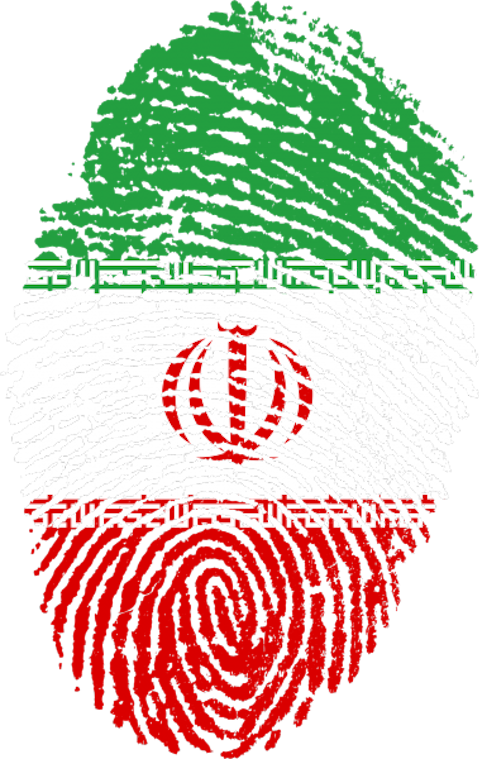
Pixabay/Public Domain
7. China
The constitution of China allows peaceful protests, but only if they aren’t endangering the party or the state. This has provided the government with a perfect excuse to ban or break many protests around the country, especially those in regions with significant Muslim population and Tibet. The latest demonstrations in Honk Kong have been putting the Communist Party’s resolve to the test and despite it doing everything in its power to discourage them, including arresting and disappearing opposition leaders, the protests continue, forcing Beijing to rethink its approach.

Pixabay/Public Domain
6. Cuba
With the lifting of the US sanctions and reestablishing diplomatic relations, the world expected Cuba that ranks 6th on the list of countries without freedom of assembly to undergo deep democratic reforms. Unfortunately, that process hasn’t started yet and freedom of assembly, like many other political and civil freedoms, is still banned on the island. Several groups that hold regular protests, like Ladies in White, are still being arrested on sight. Fortunately, that seems to be the extent of the government sanctions towards them although the fact is that Havana doesn’t consider them a treat. The real test would come if the regime is threatened by the massive protests and the government’s reaction could mean the difference between the peaceful reforms and violent revolution.

Pixabay/Public Domain
5. Belarus
The latest of President Alexander Lukashenko’s attempts at improving the Belarus economy, a tax on unemployment, has resulted in series of protests in the country’s capital. The streets of Minsk have been a stage for several clashes between the protestors and the police. The opposition leaders say that the tax is absurd and that is punishing people for being unable to find work. The government, on the other hand, claims that it will motivate them to look harder and has banned the protests. The police have arrested dozens of people, some of them claiming to be beaten by the policemen in the process and are cracking down on several organizations suspected to be behind the demonstrations, making it one of the countries without freedom of assembly.

Pixabay/Public Domain
4. Bahrain
Following the 2011 protests against the Sunni minority government, Bahrain has seen periodical clashes between the government force and pro-democracy protestors. The crackdown against the opposition has been increasing lately, with leading opposition party National Democratic Action Society banned in 2016, which led to another protest, which was put down by force. The NDAS was banned under terrorism charges, which is the regime’s favorite tool of repression, despite the fact that NDAS was mostly a secular organization. The suppression of freedom of assembly and association has resulted in increased unrest among the majority of Shia population.

Pixabay/Public Domain
3. Turkmenistan
President Gurbanguly Berdymukhammedov has continued the practice established by his predecessor Saparmurat Niyazov of restricting both political and civil rights of citizens of Turkmenistan, the next country on the list of countries without freedom of assembly. Although several laws were passed dealing with the freedom of assembly, it is impossible to get a permission for organizing a protest against the government and even asking for such a permit would result in serious repercussions. Those few protests that were held were mostly about social issues, but even they were broken down by the police. Considering that at the last election 96% of the voters showed up at the polling stations, with 97% of them voting for President Berdymukhammedov, it is hard to see why would anyone even thinking of protesting against such a popular leader.
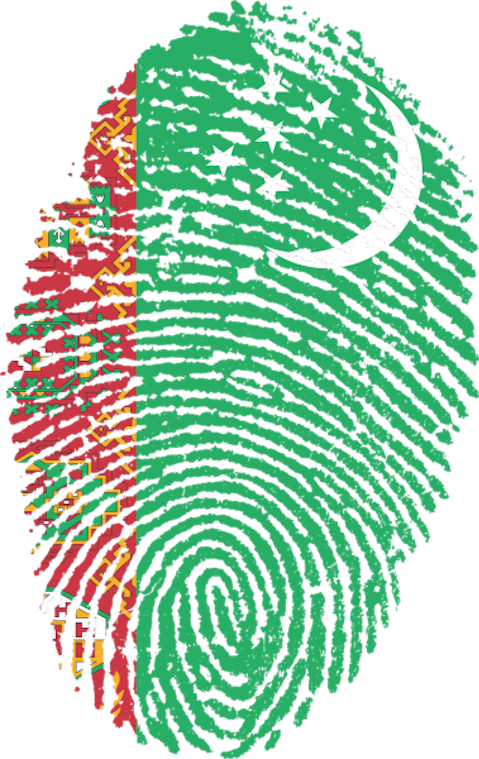
Pixabay/Public Domain
2. Saudi Arabia
In 2016, Saudi Arabia that ranks second on our list of countries without freedom of assembly executed more than 150 people for various crimes. One of them was Sheikh Nimr al-Nimr, a prominent Shiite cleric arrested in 2012. Sheikh was also considered a political dissident by the regime, which is another reason for his execution. He was arrested for organizing an anti-government protest, demanding the end of religious intolerance in the kingdom. His death sparked several smaller protests in Eastern Province, which were quickly dealt with by the security forces. The lack of the freedom of assembly in Saudi Arabia is becoming bigger concern every year, as the government cracks down on the opposition in fear of Arabian Spring.

Pixabay/Public Domain
1. North Korea
As it is usual when it comes to lists of countries with the least amount of personal or political freedoms, North Korea also tops the list of countries without freedom of assembly. The Pyongyang regime strongly discourages any public gatherings, unless they are organized in order to celebrate the country’s leadership. ‘Treason against the Fatherland,’ and ‘treason against the people” are common charges that usually result in the death penalty or a long stint in one of correctional facilities or gulags.

Pixabay/Public Domain

